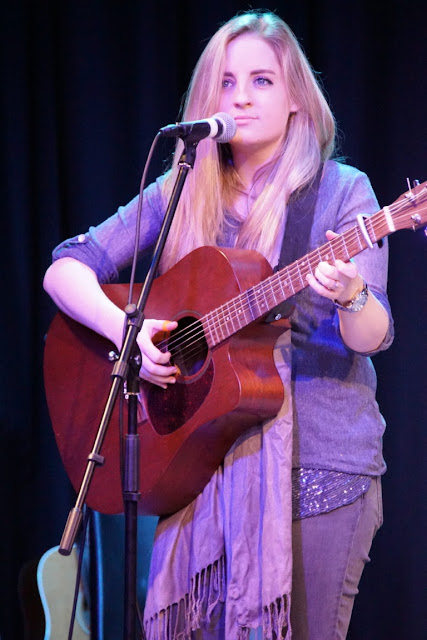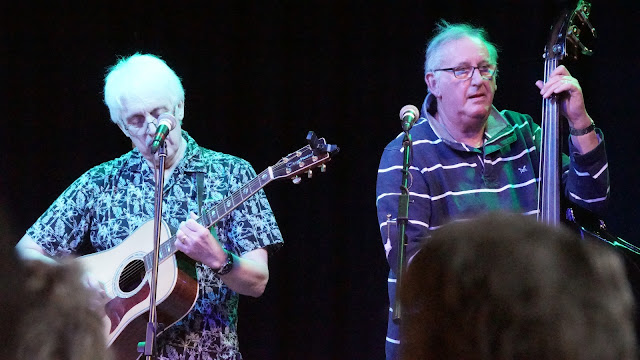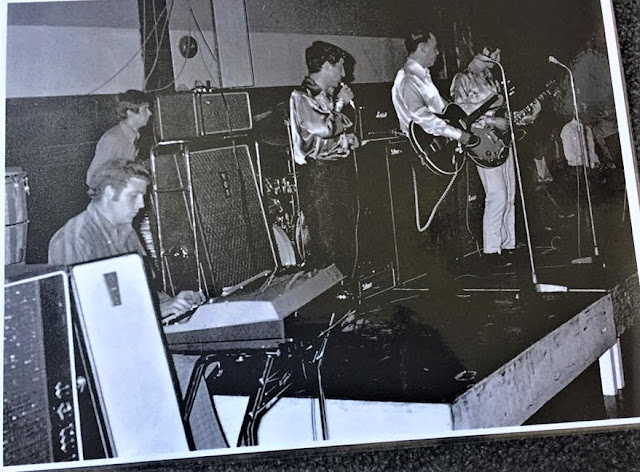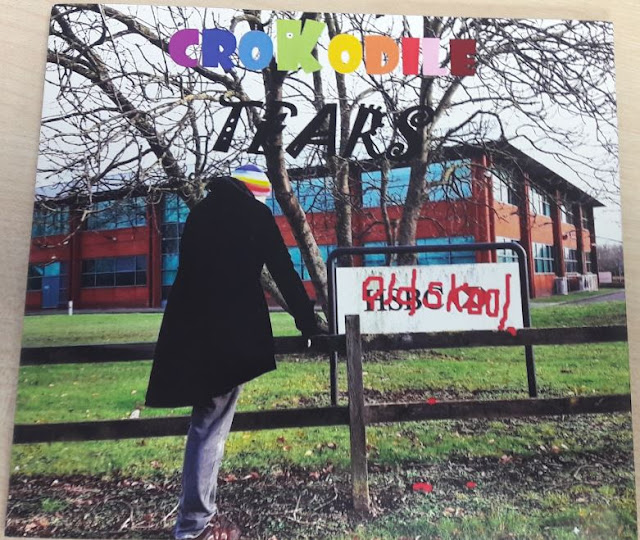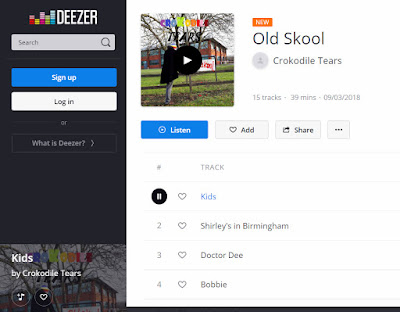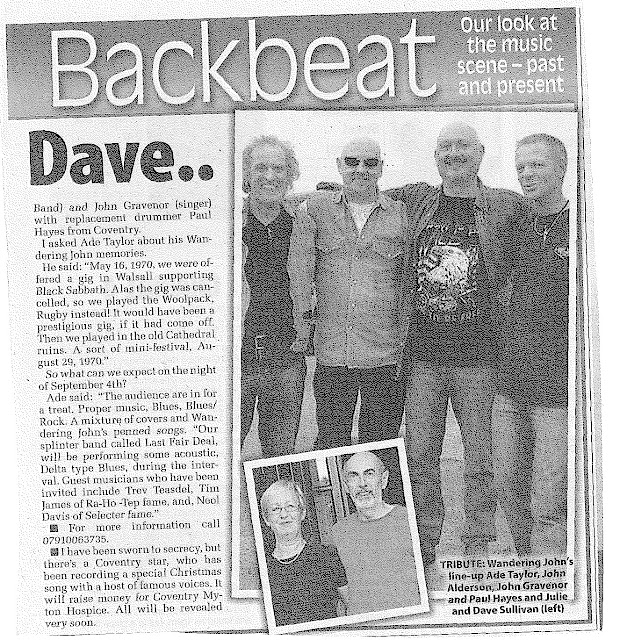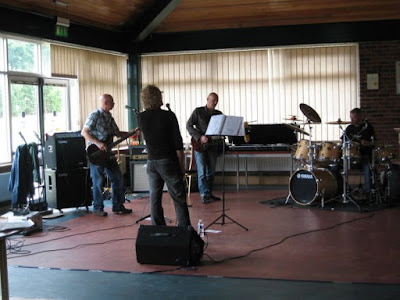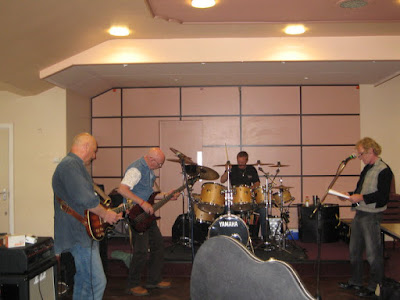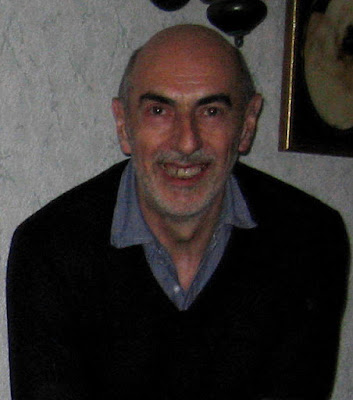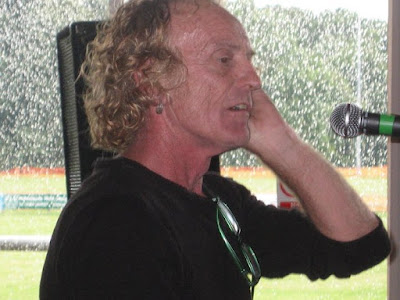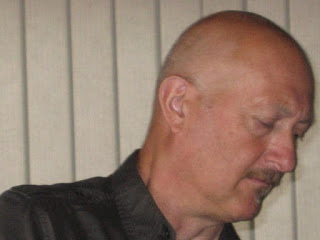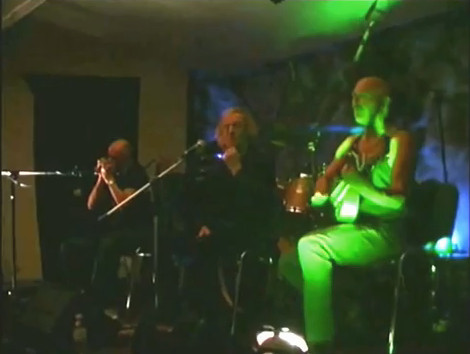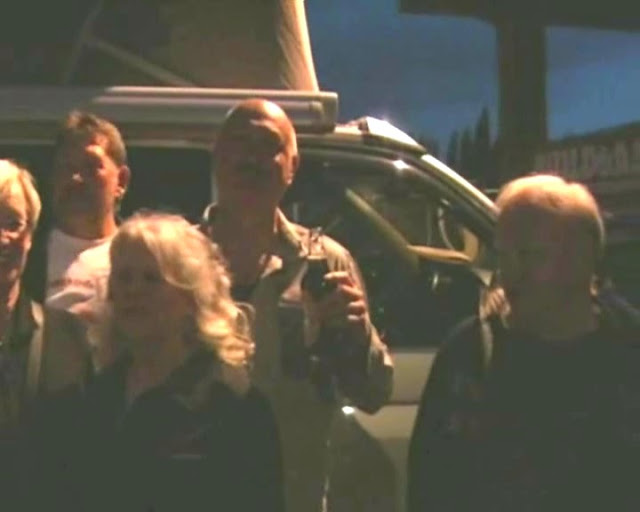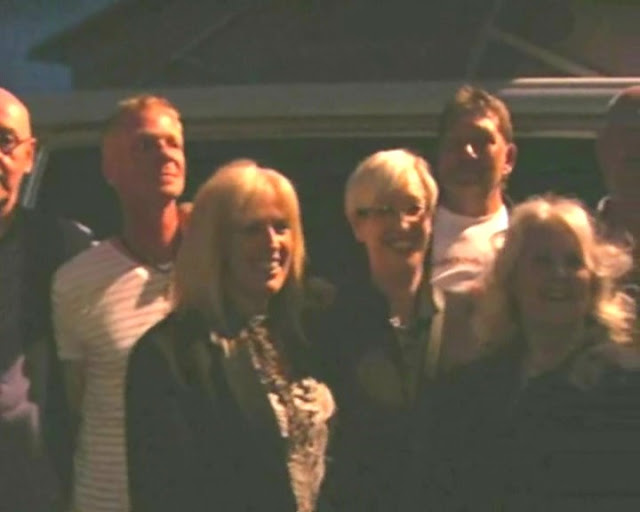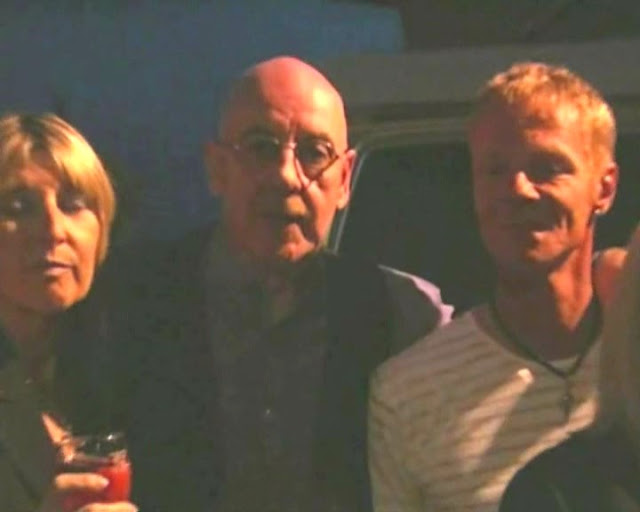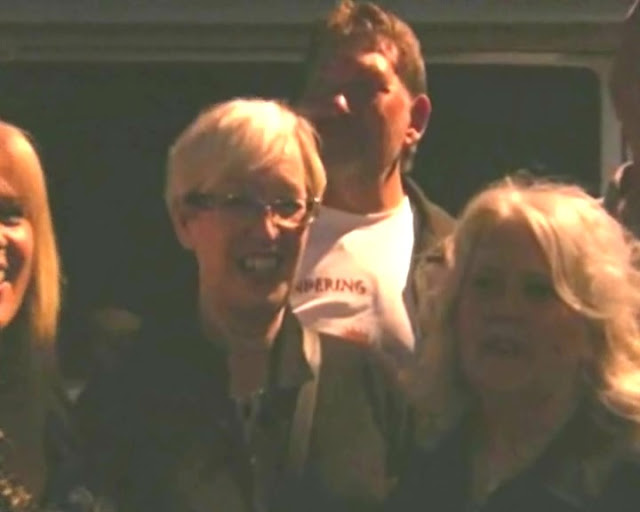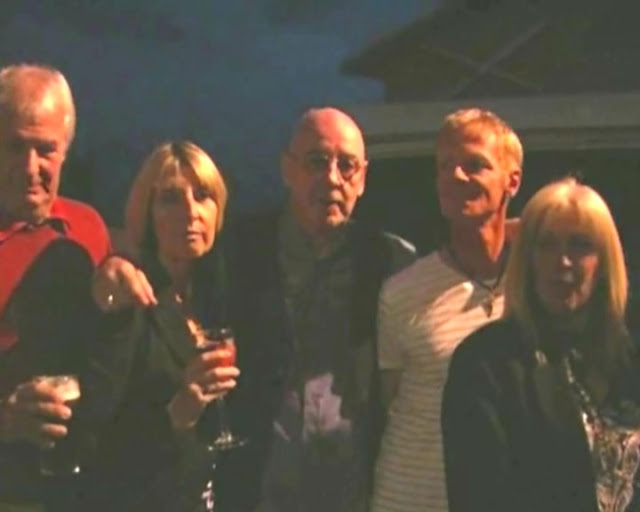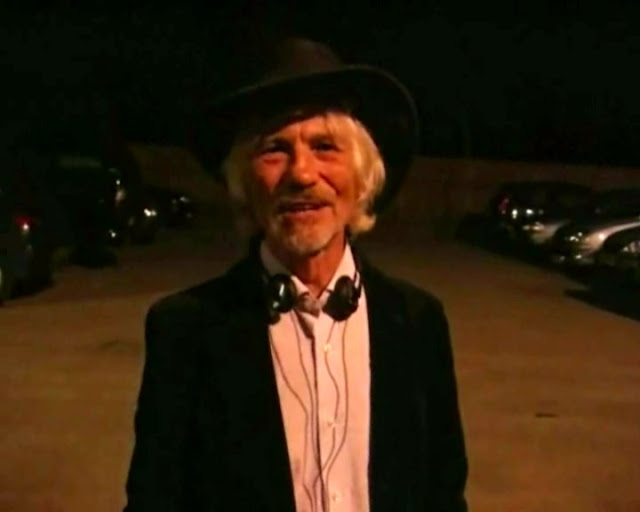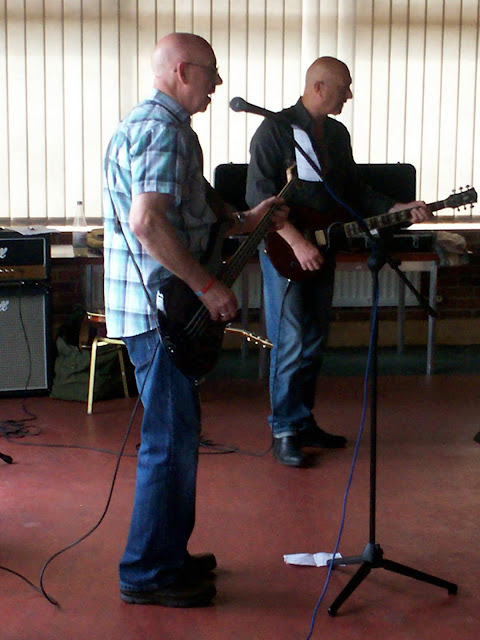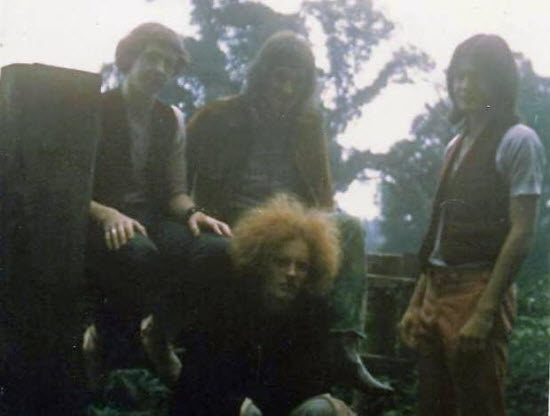Irish Rock – The Briefest of Histories
by Pete Clemons
Yes I married into an Irish family (or they married into me) and I have visited the south on many occasions. Additionally, I worked north of the border for a considerable amount of time. But I have never lived in Ireland permanently. And, as such, I have never experienced any of the day to day challenges. So this is written with no real knowledge of life as it actually was in Ireland.
Ireland, as we know, has this invisible border which separates the north from the republic. Yet one aspect that really does unite this wonderful country is its music. Particular, and in more recent years, it’s rock music. And cites such as Belfast, Dublin, Limerick and Cork each produced pioneers of this scene that has played its part in changing Ireland.
Van Morrison was born in East Belfast. Van’s father had been a ship builder and, like many ship workers of the 1950s, had access to imported goods from America. These goods included records and he amassed a large collection of jazz and blues recordings. Encouraged by his father, Van absorbed this music.
At this time but further south, Dublin still had its own music scene made up of traditional and folk. But as this American music filtered through the country the youth wanted to hear it and play it. However, the church began to actively preach against jazz and rock ‘n’ roll.
As such, during the 50s and 60s, the Showbands emerged. The Showbands played the length and breadth of Ireland. And these Showbands proved to be very good as a learning curve for the musicians to develop their craft. But the dances were overseen by the clergy and no alcohol was provided.
The downside to being in a Showband was that the musicians involved had to play other people’s music and there was not the scope for original material. And this led to Van Morrison, who had by now toured Ireland and Europe with a Showband, forming Them in 1964.
Them quickly gained a name for themselves and secured a residency at Belfast’s Maritime Club. In no time at all the Belfast blues club was born. It was a very underground scene and Them produced some excellent original songs. Its all documented in a track called ‘The Story of Them’.
But still Van Morrison felt constrained. This time, with the ‘pop music’ he saw that Them were making. So, during 1967, Van left the band and went to America to launch a solo career with Them continuing as a band.
By now though the spread of pop music had filtered out to cities like Limerick where, during 1965, The Intentions, later Granny’s Intentions, had formed. The Intentions have a long history of their own but the one constant was vocalist Johnny Duhan. Ger Tuohy, Cha Haran, Guido di Vito were just some of the other musicians important within the story of The Intentions. Coventry resident and renowned violinist, Joe O’Donnell, was also once a member of this band.
Back in Belfast and the void that had been created by Van Morrison leaving was filled by a musician who was born 250 miles south of Belfast, in the city of Cork. And that was Rory Gallagher who took his band Taste to Belfast. Incidentally, Rory Gallagher was apparently the first musician to own a Fender Stratocaster in Ireland. Taste took over the Maritime Club and began uniting people.
The reputation of Taste, who had also been born out of the Showband scene, spread rapidly. So much so that they were invited to play at the Isle of Wight festival in 1969. Taste was outstanding. Their performance was one of the highlights of the entire festival. So much so that Rory was becoming known in his own right and soon after the Isle of Wight success, the band split and Rory formed his own band.
Meanwhile in Dublin and Phil Lynott was causing a stir. Phil was born in Birmingham to an Irish mother and a Caribbean father and was raised in Ireland after his mother returned to her family in Dublin.
Guitarist Eric Bell, had also been born in East Belfast, had been visiting Dublin with thoughts on forming a band when he came across Phil and Brian Downey at the Countdown Club where both were playing in a band called Orphanage. Brian was a really good drummer while Phil had a great voice and was developing his stage presence.
Brian Downey had also been a part of the Belfast Blues scene and knew Eric well. And when these two forces hooked up together and Thin Lizzy were born. Writing a mix of original songs, that included a hint of the Belfast Blues, Thin Lizzy soon found themselves been signed to Decca Records in London.
Ironically though, it was the reworking of an old Irish folk song that gave Thin Lizzy their first major hit with ‘Whiskey in the Jar’. Of course, Phil Lynott would become more prominent within the band.
Van Morrison was, by now, in New York forging a series of albums like Astral Weeks that were chock full of songs with Irish themes. Despite of his ambitions Van never really lost sight of his roots.
Despite this rise of the rock scene the Showbands still continued to play on both sides of the border. But July 1975 saw Irish music hit a terrible low as 3 members of the Miami Showband lost their lives in a dreadful assault.
The result of this incident being that the Belfast scene dried up and the city ceased to be a music hub. All apart from Rory Gallagher who kept the flame alive by continuing to play the city as often as possible and whenever he could. Dublin also suffered. It had plenty of rock bands but no real scene as such.
That was, however, until Bob Geldof and his acquaintances began to emerge during 1976. On the UK mainland, 1976/77 was the period of punk rock and swept along with this Bob along with Garry Roberts, Pete Briquette, Johnnie Fingers, Gerry Cott and Simon Crowe formed the Boomtown Rats.
Belfast also found itself being sucked into the punk rock tide after effectively becoming a ghost town as far as music went and one man, Terri Hooley, had made the brave move of opening the Good Vibrations record shop in the city centre. Terri believed that music therapy was the answer. Good Vibrations first became a meeting place for the like-minded music listeners and then a record label. An enthusiastic punk scene followed.
A ‘battle of the bands’ held at the Queens Hall during June 1978 saw the The Undertones, from Derry, steal the show from a Belfast band called Still Little Fingers. Stiff Little Fingers, I am guessing, would have been the favourites to win as they had already been picked up by John Peel. There was no doubt though that The Undertones lead singer Feargal Sharkey had a unique voice. Of course, a band as good as SLF, was always going to break through at some point. And they did with their songs that characterised Belfast at that time. There also grew a bit of tension between the two bands.

Good Vibrations first single release was that by a local band with the name of Rudi and a song titled ‘Big Time’. But it didn’t stop there as the label came to greater attention when they signed up The Undertones who scored big with their debut single ‘Teenage Kicks’. Famously, spurred on by SLF getting airplay, The Undertones contacted the John Peel show direct and he fell for the song big time. Such was its popularity that ‘Teenage Kicks’ was reissued by the bigger Sire label that was a part of the Warner Bros. Music Group. A new energy had now returned to Northern Ireland.
Simultaneously, in Dublin, a band from the Clontarf area of the city, U2, namely Bono, The Edge, Adam Clayton and Larry Mullen were also creating a stir as their songs exposed the wounds of Irelands past. As their music spread it connected with the people of America which of course is a country built on a good deal of Irish immigration. The rise of U2 is the stuff of legend. As was, of course, what Bob Geldof achieved during the 1980’s with the concert he organised where it seemed that, when the call came, no one could it down.
Looking back now, it’s incredible to think that the musically minded people of Ireland could write some of the music while entrenched in the culture that they found themselves. But in the main, the music they did write and perform refused to be defined by the sectarianism that existed. And depending on your tastes, Ireland went from strength to strength, with regards to its place in music. Thankfully, as a whole, Ireland had at last found itself and the rest, as they say, is history…………….
Footnote: During one visit to Dublin around 1978, I was invited to watch a band rehearse. They just happened to be playing downstairs in the bar I was having a drink in. The lad I was with, who was also working in the bar, was enthused about them but, after watching the rehearsal I was less than impressed. Soon after returning home, the band I had watched rehearse, U2, were touring the UK, playing the General Wolfe and the 77 club in Nuneaton.
Them – Baby Please Don’t Go
Taste – Blister on the Moon
Teenage Kicks The Undertones
P is for Paddy – Joe O’Connells Shkayla
Thin Lizzie – Whisky in the Jar
Where the Streets Have no Name – U2

